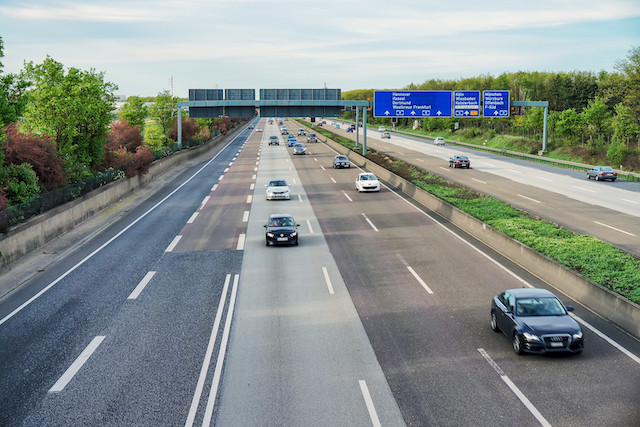The ruling was based on the fact that “the economic burden of charge falls, de facto, solely on the owners and drivers of vehicles registered in other member states”.
It added that the discrimination, even if it is what the court called “indirect”, is a breach of one of the founding principles of the EU, namely the free flow of goods and services.
The complaint had been filed by Austria, with support from the Netherlands.
Preparations and contracts were underway in Germany already, reports Deutsche Welle, with plans for the tolls to be implemented by autumn 2020--this despite previous concerns about these plans outlined by the EU Commission in 2016.
